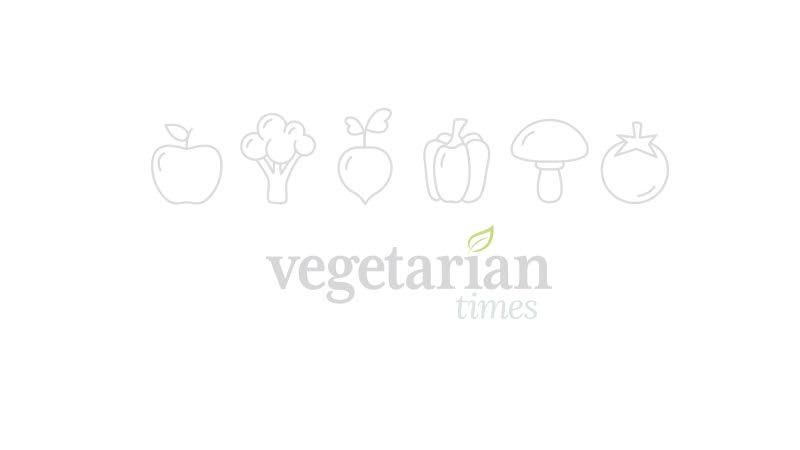Movie on a Mission: Cowspiracy


An inconvenient truth for environmental organizations, according to the documentary filmCowspiracy, is animal agriculture’s role in despoiling the planet. “It is their job to know these things and inform us,” says filmmaker Kip Anderson about the silence from “green” groups, such the Sierra Club and Greenpeace, in the face of all the evidence that our diet has a huge impact on the ecosystem. In addition to co-directing the film, Anderson serves as our onscreen guide investigating animal agriculture’s incompatibility with sustainable living. Here, Anderson and co-director Keegan Kuhn answer questions about the issue that so many donation-dependent nonprofits are avoiding.
What’s the evidence for the claim the film makes that the switch to a plant-based diet can benefit the environment quicker than a change to renewable energy?
KUHN: The switch to renewable energy sources is absolutely essential, there is no denying that. But that switch will require trillions of dollars of infrastructure changes and decades to accomplish. Even if we could afford these changes on the timeline we’re on, which we can’t, CO2 has a lifespan of roughly 100 years, meaning it will continue to warm the atmosphere for a century after we stop producing it. Whereas methane produced from livestock, which is 87 times more powerful than CO2 as a greenhouse gas, has a lifespan of roughly 25 years. Switching to a plant-based diet requires no massive infrastructure changes; we can start today. A global adoption to a vegan diet could buy us time to make the necessary energy infrastructure changes.
Can you explain what author David Robinson Simon means by “meatonomics”?
KUHN: Simon, who is featured in the film discussing the economic stronghold that animal agriculture has on our economy, points out that without their massive federal subsidies, or with their being held financially liable for all the damage they cause to the environment, the meat and dairy industries wouldn’t be able to function in the capacity they do today. He estimates that if the industry [animal agriculture] was to be held financial responsible, a $4 Big Mac would actually cost $11.
Do you see consumer awareness as advancing or in retreat? Why?
ANDERSEN: There is definitely growing consumer awareness about animal products in the United States. Animal consumption continues to drop virtually every year, and the industry has taken note of it. They recognize that the investigations conducted by animal protection groups like Mercy For Animals and PETA are helping to create more informed consumers, and those consumers don’t want anything to do with animal abuse. They are so afraid of the truth getting out about the horrors committed against animals and the environment that they have pressured the government to push through legislation—which has passed in a number of states—making it illegal to document farms without permission from the owners, even if you are on public property or if it’s from the air. The industry knows that when people are truly informed about how they do business, the majority of the population will no longer support them. I think that even with these “Ag-Gag” laws, awareness of how destructive this industry is will continue to grow.
What makes you optimistic about a mass-scale move away from eating meat?
KUHN: Doing research for Cowspiracy was very disheartening because the environmental impact of animal agriculture was worse than I could imagine. The destruction and ecological peril we are facing are truly catastrophic. It’s tough to remain optimistic, but the truth is that we as a species will change, because we don’t have any other options. We are in the largest mass extinction the planet has ever faced. More species are going extinct at a faster rate now than when all of the dinosaurs died off. If we care about the planet, animals, or humanity, we will change.